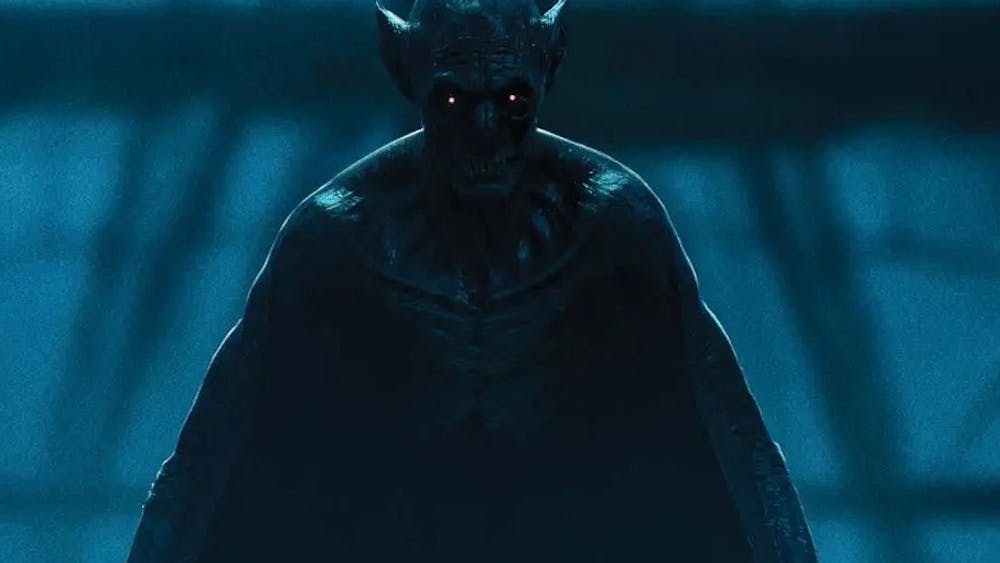From Oliver Stone's "World Trade Center" to Jonathan Safran Foer's novel "Extremely Loud and Incredibly Close," the taboo against taking on the attacks is long gone, at least among writers and filmmakers. Nothing in fiction has compared to the power of a real plane crashing into a real building yet, and audiences seem torn between the desire to know more about 9/11 and the fear of being reminded too closely.\nTanya Palmer, literary manager of Chicago's Goodman Theatre, says there is a "tension between wanting the art to be relevant but also a pressure from the audience ... to not always be showing them what's happening in the news."\nReaders so far have preferred the facts. Novels such as Foer's "Extremely Loud" or Jay McInerney's "The Good Life" haven't approached the popularity of the millionselling "The 9/11 Commission Report" or of the recent graphic adaptation. Another current bestseller is Lawrence Wright's "The Looming Tower," an in-depth investigation of events leading up to the attacks that has more than 100,000 copies in print.\n"Readers definitely have turned to nonfiction books about 9/11," says Ann Close, a senior editor at Alfred A. Knopf, which publishes Wright and McInerney. "I think people are desperately trying to figure out what happened and what's going on there, and nonfiction seems to give people a better shot at that than fiction."\nJonathan Burnham, publisher at HarperCollins, recalls a 9/11 novel he released when he was the head of Miramax Books: Frederic Beigbeder's "Windows on the World," a book that sold "modestly" despite strong reviews. Burnham found the experience "instructive" in knowing what kind of fiction readers seek.\n"I still think it's extremely hard for people to look at 9/11 fully in the face," Burnham says. "So much of the anxiety and concern is projected in other directions, like toward 'The Da Vinci Code' and other conspiracy thrillers."\nHollywood remains squeamish about Sept. 11 projects, partly because of the long lead time involved in bringing movies to the big screen and partly because studios figure most movie-goers are not looking for reminders of the terrorist attacks.\nThe first two film dramatizations arrived this year. Paul Greengrass' "United 93" was a meticulous docudrama about the hijacked flight whose passengers fought back against their captors, their plane crashing in rural Pennsylvania, killing all aboard. "World Trade Center" starred Nicolas Cage in the story of two Port Authority police officers who were among the last of a handful of survivors pulled alive from the rubble of the fallen towers.\nBoth movies were well received by critics and did respectable business, but their box-office receipts were modest enough to confirm suspicions that many people were not ready to relive Sept. 11 in theaters -- and may never be ready.\n"I don't think there's any shame in the amount of box office those films did. They both performed solidly given the subject matter," says Paul Dergarabedian, president of box-office tracker Exhibitor Relations.\n"But if you're looking to greenlight a movie, you don't look at a movie based on Sept. 11 and say, 'This is going to be a huge blockbuster hit.' Sept. 11 movies are not about box office. If you're going to make them, you have to keep the budgets in line, and they better be pretty solid movies."\nStudios remain in a holding pattern, with no other major Sept. 11 projects expected soon. Audiences remain as escapist as ever, packing theaters for "Pirates of the Caribbean: Dead Man's Chest," "Cars" and "X-Men: The Last Stand," while the two Sept. 11 films drew comparatively small crowds.\nIndependent-minded filmmakers and documentary directors likely will remain the key chroniclers of Sept. 11 and its aftermath. In the year following the attacks, there was a rush of smaller projects, including "The Guys," based on the play about a firefighter preparing eulogies for colleagues killed in the attacks, and "September 11," an anthology of short films whose directors included Sean Penn, Mira Nair and Ken Loach.\n"These movies aren't really developed at a marketing meeting. It's more a creative choice on the part of filmmakers willing to tackle this emotional subject," Dergarabedian says. "I don't think there's anyone sitting there saying, 'We've got to make a 9/11 film.' It's more about visionary filmmakers. That's how those films get made. If Oliver Stone says he wants to do a World Trade Center movie, who's going to say no?"\nThe events of 9/11 have touched TV drama in only limited and occasional ways.\nThe fallout from terrorism ushered in by that day perhaps contributed to the "under-siege atmosphere" of many subsequent series, such as "Lost," and furnished a narrative touch point for other TV shows: an episode of "Law & Order" dealt with victim remains at ground zero, and the hero of "CSI: New York" is haunted by the loss of his wife in the attacks.\nPerhaps the series most directly inspired by 9/11 is the FX network drama "Rescue Me." Set in a Manhattan firehouse, it focuses on the professional and personal pressures weighing down on this team of New York's Bravest -- all of whom continue to bear the loss of comrades in 9/11 rescue and recovery efforts.\nSince Sept. 11, the biggest change in the theater business has been in consumer-buying patterns, changes that the industry saw immediately after the terror attacks and that now have become a permanent part of the landscape. Audiences are buying tickets much closer to the date of the performances.\n"I remember right after 9/11 it was a source of stress for a lot of theater companies because you would go into a week where it didn't seem like you had that many tickets sold, and then you would come out of the week and you were OK," says Harold Wolpert, managing director of the nonprofit Roundabout Theatre Company. "It used to be people bought tickets far in advance.\n"It's possible that 9/11 accelerated what may have been a trend that would have developed anyway," Wolpert says. "It's changed how you advertise, for example. Theater companies and commercial Broadway shows now send out direct-mail much closer to the opening of a production than they used to. If you send it too far in advance, people just don't focus on it"
Film audiences still wary about 9/11 stories
Stone's latest sparks discussion on controversy
Get stories like this in your inbox
Subscribe





